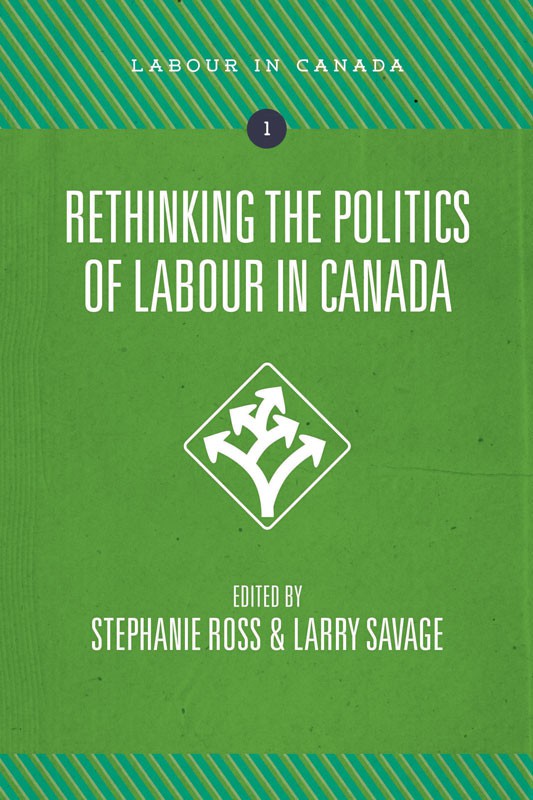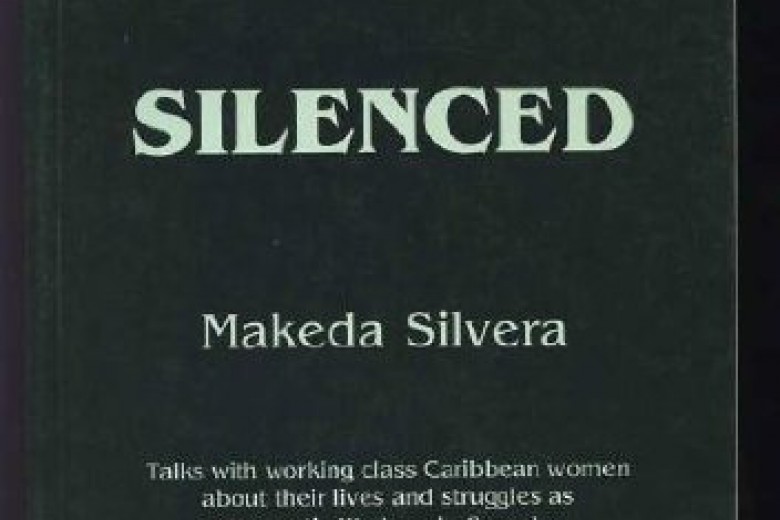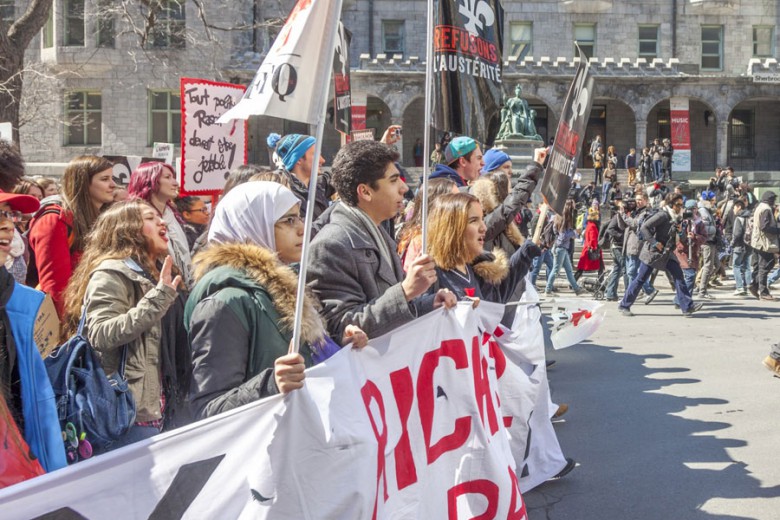
Rethinking the politics of labour in Canada
Edited by Stephanie Ross and Larry Savage
Fernwood Publishing, 2012
As the labour movement struggles to maintain its political influence in the era of neoliberalism, Canadian unions urgently need a wake-up call.
Stephanie Ross and Larry Savage’s Rethinking the Politics of Labour in Canada, an edited collection of 13 innovative chapters from Canada’s leading authorities on labour and political activism, is a welcome contribution to this field.
As the editors assert, “since the mid-1970s, Canadian labour’s political influence and capacity to defend, let alone extend, [their] gains has been seriously undermined by the strategies of both capitalist interests and the neoliberal state.” Although the labour movement has challenged these strategies, contributors Donald Swartz and Rosemary Warskett rightly observe that “resistance should not be confused with success.” As a result, the labour movement finds itself re-evaluating traditional political strategies and exploring new ones in an attempt to ensure that their members’ voices are heard in the policy-making process. This book explores many of these strategies and critically evaluates their successes and failures.
In recent years, labour’s traditional electoral strategy has not provided unions with the results they had hoped for, even when so-called labour-friendly governments were elected to office. As Bryan Evans notes of the NDP’s time in office in various parts of English-speaking Canada, and as Peter Graefe relates about the Parti Québécois’ time in office in Quebec, while some modest gains were made a situation now exists in which the “politics of the centre-left now expresses little more than a moderate and pragmatic management of neoliberalism.”
The shortcomings associated with unions’ traditional electoral strategy leads to a situation in which labour is forced to explore alternative strategies of mass mobilization, community building, and strategic alliances in order to have its voice heard in the policy-making process. These strategies occur outside the formal confines of the ballot box and are referred to by the authors as “street politics.” The majority of the book consists of a thoughtful analysis of the diverse and often innovative strategies that the labour movement is increasingly forced to utilize.
The chapters contained in the final section of the book, “The Prospects of Extra-Parliamentary Activism,” are built on the concept of social unionism, or a “general commitment to social change beyond the workplace and beyond the unionized working class,” which is an important theoretical approach outlined by Ross. This section explores community-based alliances with various actors, including women, Aboriginal peoples, environmentalists, anti-poverty organizations, and migrant workers. The breadth of strategic alliances covered is a true strength of the book, reflecting the fact that “unions in Canada recognized the dramatic changes to both the working class in general and their membership make-up in particular, and have made efforts to broaden their appeal.” An understanding of the importance of a broader sense of unions, community, and the working class more generally is an essential ingredient in a challenge to neoliberalism and the revitalization of unions. These chapters provide an important commentary on current and future directions for labour organizing. For unionists looking to gain insight, some of these strategies appear beneficial (such as community unionism) while others appear to be rife with limitations and contradictions (such as a reliance on the legal system).
The book offers a sombre yet honest analysis of the current situation of labour politics. It rightly notes that by virtue of being “faced with dead ends in every strategic direction, an assessment of the politics, prospects and possibilities for the Canadian labour movement is urgently required.” The book does an admirable job of facilitating that discussion, and union leaders and rank-and-file activists should not overlook its innovative critiques and assessments. Ross and Savage have elicited a much-needed discussion of the current inertia of labour’s political program, and the book goes a long way in triggering a challenge of the status quo and offering various ways to move forward for those concerned with revitalizing the Canadian labour movement.



_15_780_520_90_s_c1.jpg)


